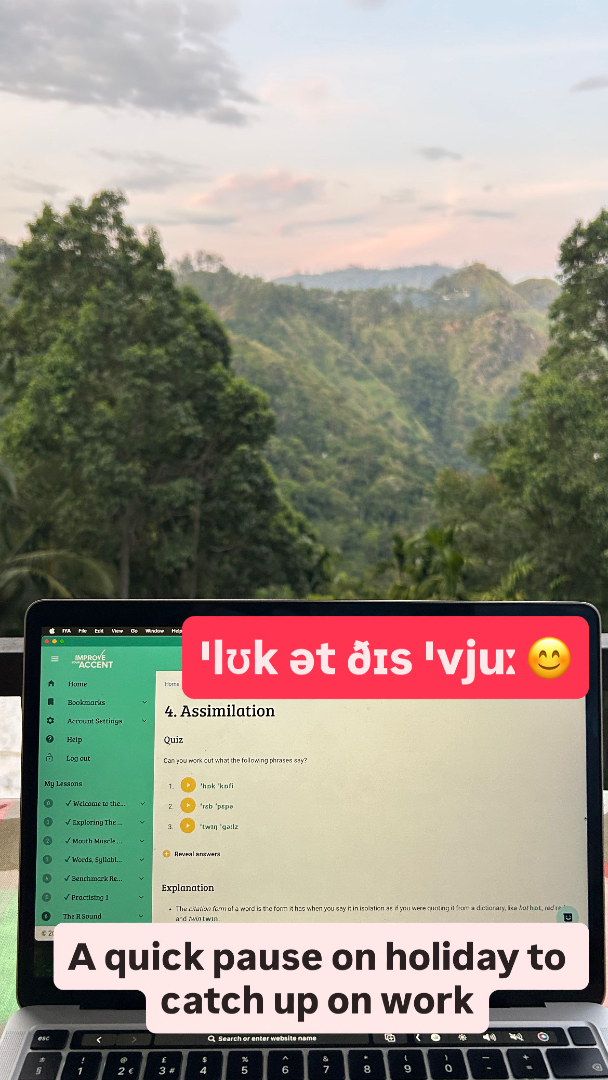
Luke Nicholson
@improveaccent
– Accent Coach & Phonetics Enthusiast – Lecturer @UCLSCEP – Creator @soundsfunetic – Language learner – Get my FREE Pronunciation Starter Kit 👇
ID: 943174285
https://linktr.ee/accentcoach 12-11-2012 09:39:39
5,5K Tweet
2,2K Followers
773 Following





















